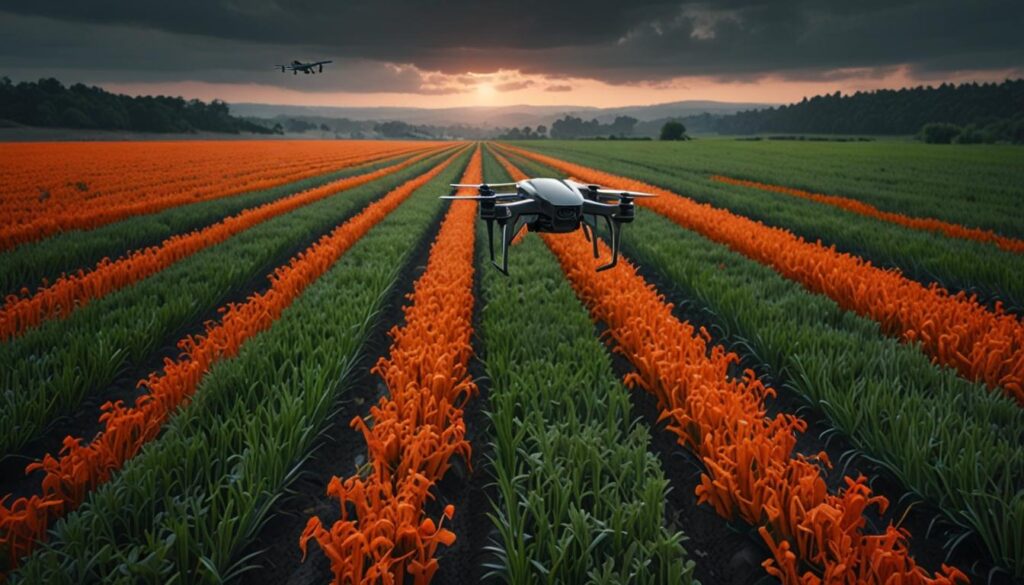India is undergoing a technological revolution in agriculture, empowering farmers with tools like drones, AI, and mobile apps for better crop management. Startups and initiatives are driving this change, promising a sustainable future for Indian agriculture.
India’s Agtech Transformation: The Rise of Smart Farming
India is witnessing a significant transformation in agriculture, driven by technology-enabled devices and applications. Similar to the Green Revolution of the 1960s, this new wave of change is enhancing how farmers manage their crops. Leveraging cutting-edge tools, farmers can now forecast weather, increase crop yields, and detect pests early, essential for modern agriculture.
Key Developments and Technologies
Several technologies are at the forefront of this transformation:
- Automated Machinery and Drones: Advanced machinery and drones are being utilized for precision farming and crop monitoring.
- Sensors and AI: These tools offer predictive analytics for weather patterns, soil health monitoring, and precision farming techniques.
- Apps and Mobile Solutions: Mobile applications enable farmers to make informed decisions regarding planting, harvesting, and pest management.
Case Study: MeitY-Nasscom Centre of Excellence
The MeitY-Nasscom Centre of Excellence (CoE) is leading various initiatives to drive this transformation. In Kaithal, Haryana, a 500-acre project utilizing drone-based hyperspectral imaging technology was launched to improve crop monitoring. The project, co-created with startup BharatRohan, has significantly improved pest control, crop yields, and farmer decision-making. A similar initiative is underway in Rajasthan to enhance the quality of spices for export.
Agritech Startups and Investments
Agritech startups are playing a pivotal role in this modernization. For instance, BharatRohan recently raised $2.3 million to expand their drone technology services. Investments indicate strong confidence in tech and AI to redefine agricultural practices in India.
Startups like Satsure use satellite remote sensing and big data analytics for real-time crop lifecycle monitoring. Another startup, Cultyvate, employs IoT, AI, and satellite data to optimize inputs and enhance crop quality.
Democratizing Access and Enhancing Markets
Digital platforms link farmers directly with buyers, reducing the traditional supply chain layers that often lead to wastage. This not only ensures better prices for farmers but also provides consumers with high-quality produce.
Collaborative Efforts and Future Prospects
Initiatives such as the AI for Agriculture Innovation (AI4AI) by the World Economic Forum aim to impact 500,000 farmers globally with AI-driven solutions. These efforts highlight a collective growth narrative, combining traditional farming practices with advanced technology to create sustainable agricultural systems.
Conclusion
India’s agtech revolution is set to create a resilient and sustainable agricultural sector. With the continued support of government initiatives, NGOs, and private entities, the future looks promising for Indian agriculture.

